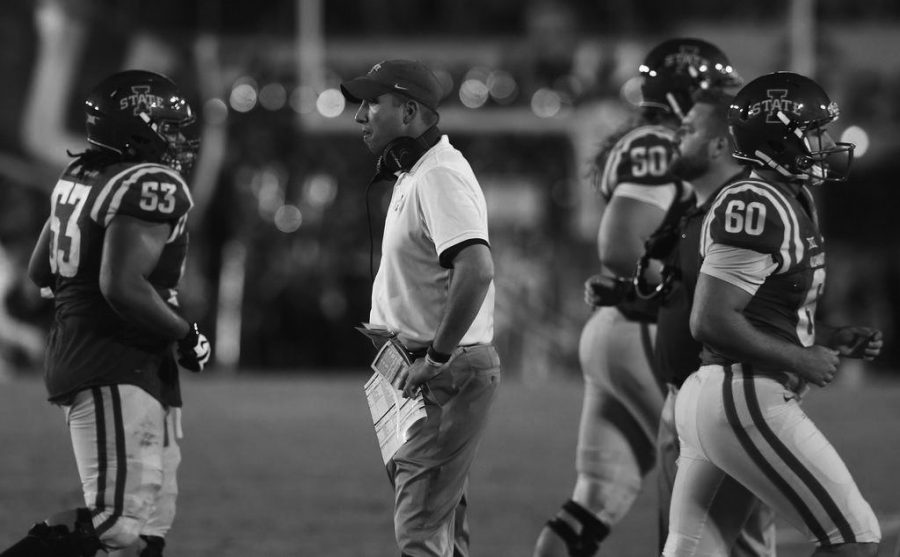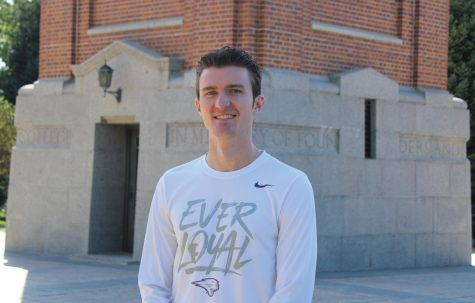ISU reverses fans in stadium decision
Iowa State football reversed their decision to allow 25,000 fans into Jack Trice Stadium this fall
Sep 8, 2020
This past week, Iowa State University announced that they will not be allowing fans to attend their home football games at Jack Trice Stadium in Ames. The move comes just a few days after the university had announced that they would allow 25,000 fans in the stands for their home opener against Louisiana. Iowa State director of athletics Jamie Pollard released a statement saying, “Our department has always taken great pride in working hand-in-hand with the university and this situation is no different. We are in this together and will do everything we can to support Dr. Wintersteen and her leadership team in their efforts to lead our institution during very challenging times.”
As a member of the Big 12 Conference, Iowa State is moving forward with their fall football season, in contrast to some other big-name conferences, such as the Big Ten and PAC-12 who announced plans to postpone their fall athletics to the spring due to safety issues from the COVID-19 pandemic. The state of Iowa has seen rising cases in the last month or so, and the city of Ames has the second-worst outbreak in relation to population size according to the New York Times.
Prior to the announcement of no fans by Iowa State, the plan was to have all spectators wear face coverings. The university strongly recommended there be no large gatherings in the parking lot outside the stadium and placed a ban on tailgates altogether. They also placed seating charts in the stadium in order to account for proper social distancing.
Fans may wonder why Iowa State is able to play football this fall while Iowa and UNI are not. Iowa State is a member of the Big 12 conference, which decided to move forward with fall sports. Iowa, as a member of the Big Ten conference, will be playing football next spring as the conference voted to postpone fall sports. The Missouri Valley Football Conference, which Northern Iowa is a member of, also decided to postpone fall sports to the spring semester in order to account for health and safety during the COVID-19 pandemic.









